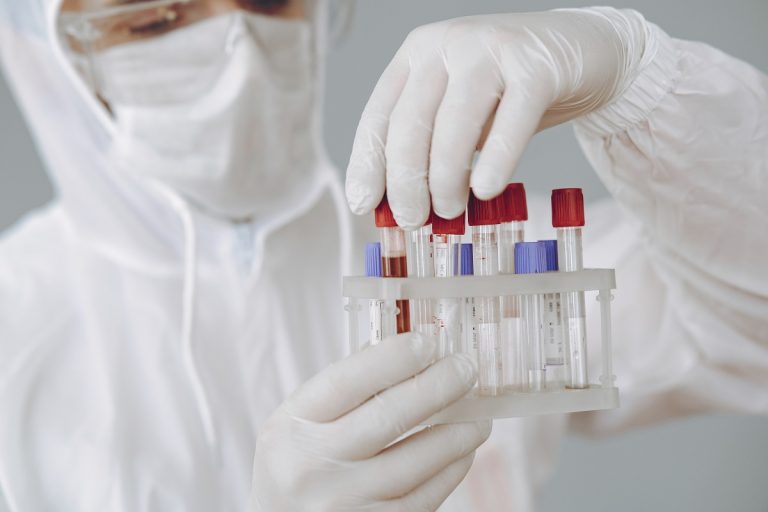The number of people with hepatitis E in the Czech Republic has doubled compared to previous years, while the incidence of hepatitis C has also doubled, said experts from the Institute of Clinical and Experimental Medicine (IKEN) at a press conference today.
The issue of hepatitis, a viral liver inflammatory infection, is highlighted annually on World Hepatitis Day, 28 July.
The National Institute of Public Health (SZU) registered around 300 new cases of hepatitis E in 2021 and 2022, which jumped to 684 last year.
Hepatitis E used to be a common disease in countries with poor sanitation, where it was spread through contaminated water. However, its incidence has recently been on the rise in Europe, where the main source of infection is undercooked pork and venison.
Hepatitis E infection is particularly risky for patients with weakened immunity, such as those who have had an organ transplant or are undergoing anti-cancer chemotherapy. For a healthy person, this type of hepatitis does not pose a major risk.
Hepatitis E becomes problematic when it enters a chronic stage, i.e. a patient has had it for more than six months and has not managed to overcome it in the acute phase with their own immunity.
It has been a rule in haemato-oncology for many years that every patient must have a blood test for viral hepatitis before receiving anti-cancer treatment. Early detection and prompt initiation of treatment is important in the case of hepatitis E and other hepatitis types.
Hepatitis C is the most prevalent type of hepatitis in the Czech Republic, affecting approximately 0.5% of the population. Problems are caused by the fact that 75% of those infected do not know it.
Last year, 1,300 people were infected with hepatitis C, the highest ever. Most of the cases were young people. Doctors at SZU say the rise may be influenced by the increased testing of people recovering from drug addiction.
“Hepatitis C is insidious due to the fact that a person can have it for years, completely without symptoms,” said doctor Jan Sperl. “When an infected person is already in trouble, it means they already have a very advanced liver disease that can lead to a liver transplant. In the past ten years, this type of hepatitis can be cured with direct-acting antivirals.”
Hepatitis C is transmitted through blood, for example by intravenous drug injection, unprotected sexual contact, or amateur tattooing.







